My Chinese Dream
Yan’s dream of harmonious relationships echoes the Confucian saying, “heaven and humans are united as one” (天人合一).
His research is rooted in Chinese wisdom, Catholic teaching, and contemporary Chinese contributions to human development.
He is opening doors to way of avoiding dangerous violent conflicts among humans that will destroy nature.
My Chinese Dream: bridging East and West – Hope, challenges and responsibility
The world risks exploding today if it does not find ways of dialogue.
Everyone has a dream. There are common dreams of a people, for example to satisfy people’s need for a better life. For the author of this book, Chiaretto Yan, other than human and socio-political, the Chinese dream has a deeper spiritual dimension! Yan dreams of a world of fewer wars and conflicts, less hunger and indifference, the reduction of poverty, and greed, a world of more fraternity, recognizing that diversity in harmony can be a gift for one another, a world that is common home for all, for generations to come, with fresh air to breath, and for young people to travel freely for exchanges, and appreciation of each other’s history, culture, art and literature.
Yan believes in the vision of the charism of unity as proposed by Chiara Lubich and the Focolare Movement, whose goal is to help fulfill the prayer of Jesus “may all be one” (Jn 17:21). He is inspired by the vision of Pope Francis on the Church and the world, in particular his recent encyclicals Laudato Si’ and Fratelli Tutti, which presents opportunities and great hopes. This book is an analysis based on some common values, and in different perspectives, to promote mutual knowledge and understandings between China and the West.
This book focuses on the two oldest and existing institutions: the universal Catholic Church and China. With their worldwide reach and influence, their relationship and dialogue can well be the game-changer in the present world scenario. It is essential to know the present context in which this relationship articulates. For this reason, it is necessary to talk of the even broader dimensions of East-West in general, and China-US relations in particular. With the increasing tension between the USA and China, it is a critical and dangerous point in time, with so much at stake for the whole world. A new and mutual knowledge is badly needed, truly a necessity. The outcome of this relationship will have consequential geopolitical implications and contribution to world peace.
The transdisciplinary approach is a novelty, with the charism of unity as the conducting line throughout, connecting different disciplines: philosophy, ecology, politics, economy and cultural-religious dialogue. The five main themes are: dialectic of harmony in dialogue with Trinitarian relationship, Ecological civilization and integral ecology, fraternity and social friendship, poverty alleviation and a new model of economy, freedom of religion and the golden rule of reciprocity.


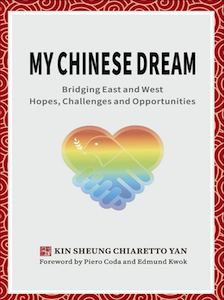

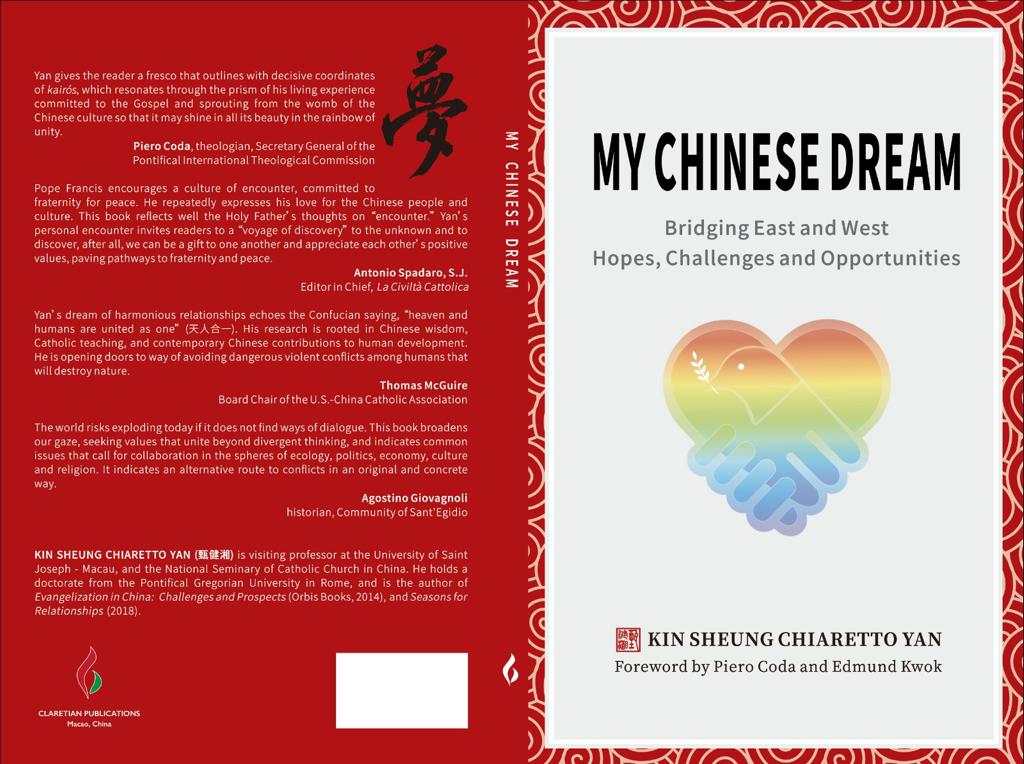
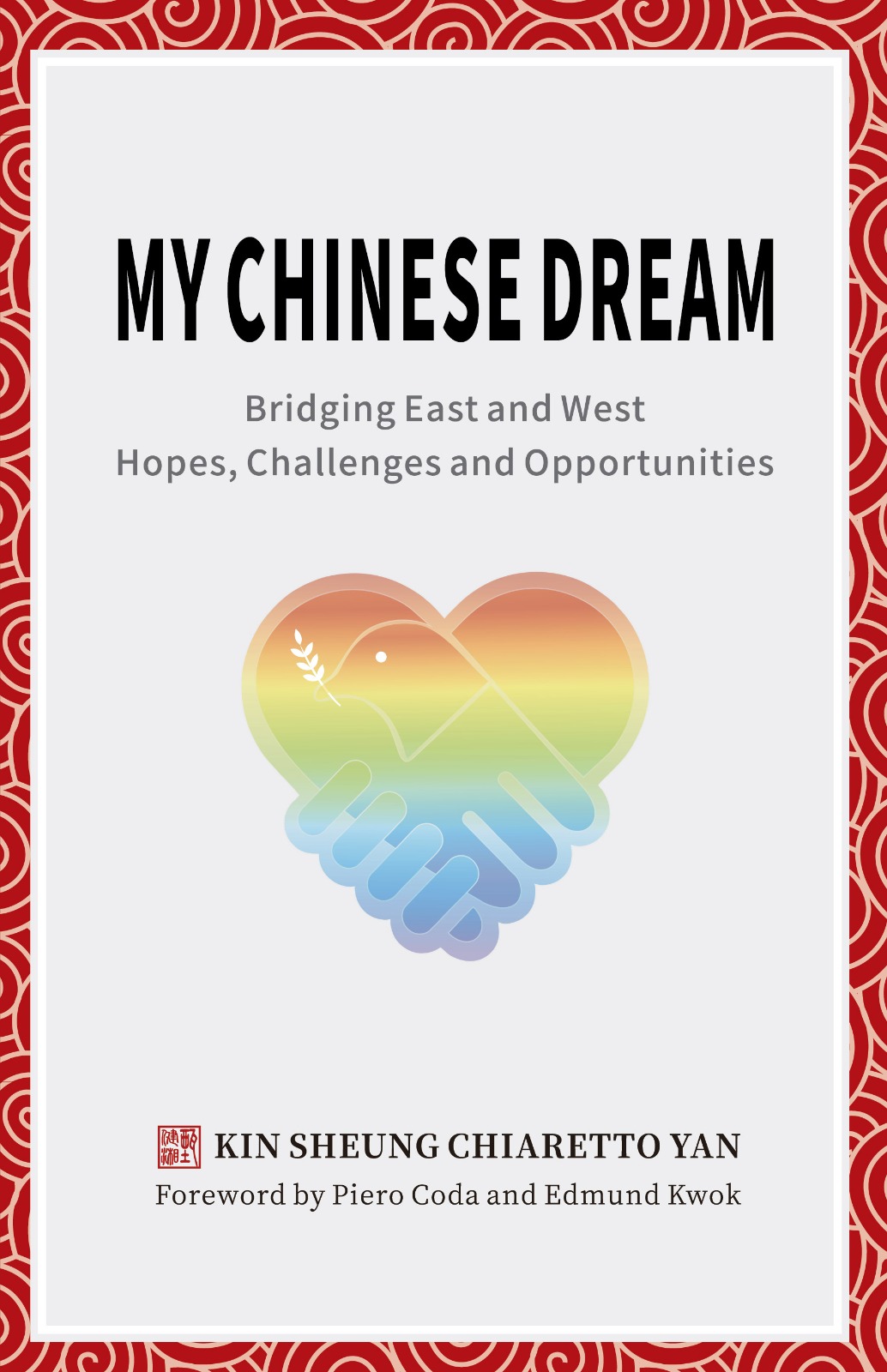
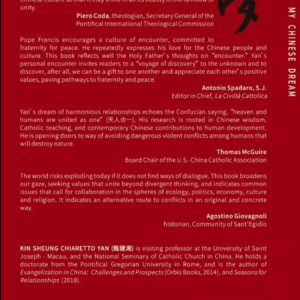
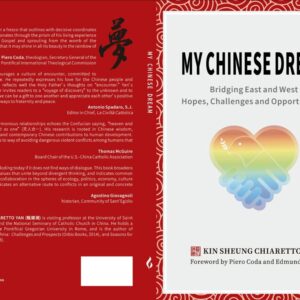
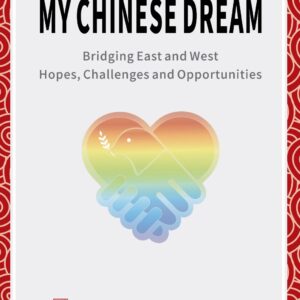
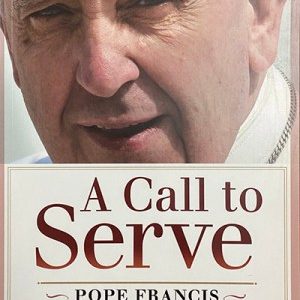
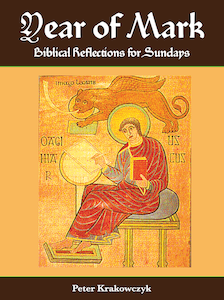
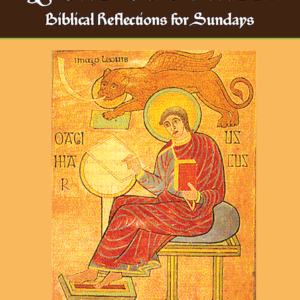
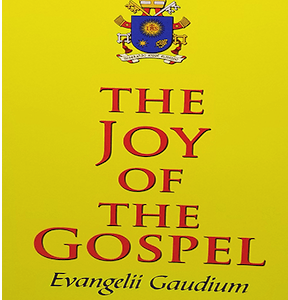

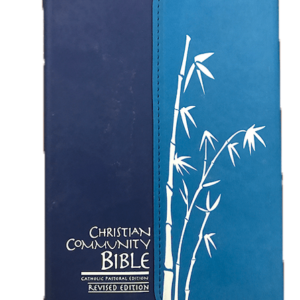


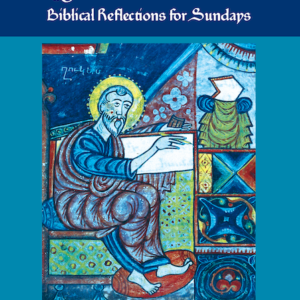
Reviews
There are no reviews yet.